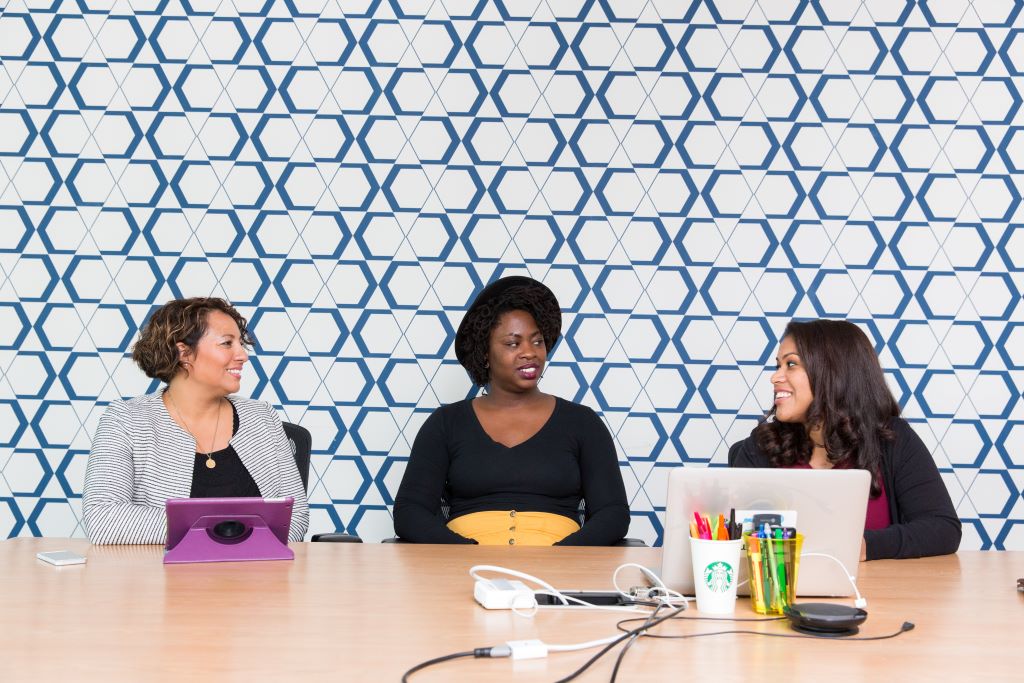This week, the CEO of LinkedIn explains why companies should shift to a skills-based approach for hiring and developing talent; Plus, how the renewable energy boom is unleashing a war for talent; the Zoom towns luring remote workers to rural enclaves; Apple employees fight back against their requested return to the office; and insights from IKEA’s digital transformation. Read this week’s trends from the world of work.
June 11, 2021
Future of Skills
Future of Work
Sustainability
#1. Why you need a skills-based approach to hiring and developing talent.
The pandemic is expected to leave more than 140 million people across the globe out of work, according to a report in the Harvard Business Review authored by the CEO of LinkedIn. But at the same time, industries like logistics and manufacturing can’t hire new workers fast enough to meet demand. One way to tackle this issue? Shift to a skills-based approach when hiring, and evaluate candidates based on their skill sets instead of their work history. This approach can help level the playing field for candidates, making the talent pool more diverse, and it can help companies take stock of the talent they already have. Read more here.
.jpg?h=683&iar=0&w=1024&hash=E13F8AE3A4FCE6EF14BD65C24C5C1F35)
#2. The renewable energy boom unleashes a war over talent for green jobs.
Across the world, clean energy giants are running into a key problem: they can’t find enough workers with the proper skillsets to support their growth plans. The renewable job marketing is heating up, but it’s tough to find candidates with the right abilities, Miguel Stilwell, chief executive officer at Portuguese clean-energy firm EDP Renovaveis SA, told Bloomberg. The company, one of the world’s largest installers of green power, plans to hire 1,300 employees over the next two years – if they can find them. Countries plan to funnel billions of dollars into developing renewable energy in the next few years – and global policymakers are banking on the sector to create new jobs in the post-pandemic future. Read more here.
“There’s a war over talent globally,” Stilwell said in an interview on May 28. “The renewable sector, given the massive amount of growth that is expected, doesn’t have enough people.” The need to reskill and upskill workers for the Green Transition is something The Adecco Group has discussed in our recent whitepaper. The report illustrates how investing in the right skills is an essential condition to achieving this urgently needed Green Transition and outlines actions that can and should be taken to mitigate negative impacts on our labour markets. Read more here.
“There’s a war over talent globally,” Stilwell said in an interview on May 28. “The renewable sector, given the massive amount of growth that is expected, doesn’t have enough people.” The need to reskill and upskill workers for the Green Transition is something The Adecco Group has discussed in our recent whitepaper. The report illustrates how investing in the right skills is an essential condition to achieving this urgently needed Green Transition and outlines actions that can and should be taken to mitigate negative impacts on our labour markets. Read more here.

#3. The Zoom towns luring remote workers to rural enclaves.
When Shanelle Sterlin’s marketing job went fully remote this year, she made a decision: she traded the Hollywood Hills for Northern Arkansas. Sterlin was one of 30,000 applicants from all 50 states who applied for the “Life Works Here” initiative. It’s part of a program where select candidates will receive $10,000 to relocate for at least one year.
It’s not just Arkansas, though. All around the U.S., so-called “Zoom towns” are popping up to lure and accommodate workers looking to leave big cities and move to more outdoorsy villages. Some urban centres across the world have established programs to entice workers to relocate and start a slower, more outdoorsy life, whether that be cash incentives to move or free services and perks. Read more here.
It’s not just Arkansas, though. All around the U.S., so-called “Zoom towns” are popping up to lure and accommodate workers looking to leave big cities and move to more outdoorsy villages. Some urban centres across the world have established programs to entice workers to relocate and start a slower, more outdoorsy life, whether that be cash incentives to move or free services and perks. Read more here.

#4. Apple employees write to CEO Time Cook saying they don’t want to return to the office.
This month, Apple CEO Tim Cook sent a note to employees saying that all employees would need to return to the office on Mondays, Tuesdays, and Thursdays starting this fall. Most employees, the note said, would be able to work remotely twice a week – or up to two weeks a year, with approval from their manager. But Apple employees are pushing back against that new policy and asking for more flexible working arrangements. According to an internal letter, obtained by The Verge, staff members said that “over the last year we often felt not just unheard, but at times actively ignored.”
“We would like to take the opportunity to communicate a growing concern among our colleagues,” the letter says. “That Apple’s remote/location-flexible work policy, and the communication around it, have already forced some of our colleagues to quit. Without the inclusivity that flexibility brings, many of us feel we have to choose between either a combination of our families, our well-being, and being empowered to do our best work, or being a part of Apple.” Read more here.
“We would like to take the opportunity to communicate a growing concern among our colleagues,” the letter says. “That Apple’s remote/location-flexible work policy, and the communication around it, have already forced some of our colleagues to quit. Without the inclusivity that flexibility brings, many of us feel we have to choose between either a combination of our families, our well-being, and being empowered to do our best work, or being a part of Apple.” Read more here.

#5. Inside IKEA’s digital transformation.
One of the world’s most recognizable retail brands, IKEA, has been undergoing a vital transformation: a shift to go digital. Barbara Martin Coppola, CDO at IKEA Retail, says the biggest challenge of going digital is remaining fundamentally the same company – while simultaneously doing almost everything differently. Coppola, who lead the IKEA digital transformation, opens up about the challenge of transforming a legacy company, how to sustain company culture during such a transformation, and the importance of giving customers control over their data. Read more here.




